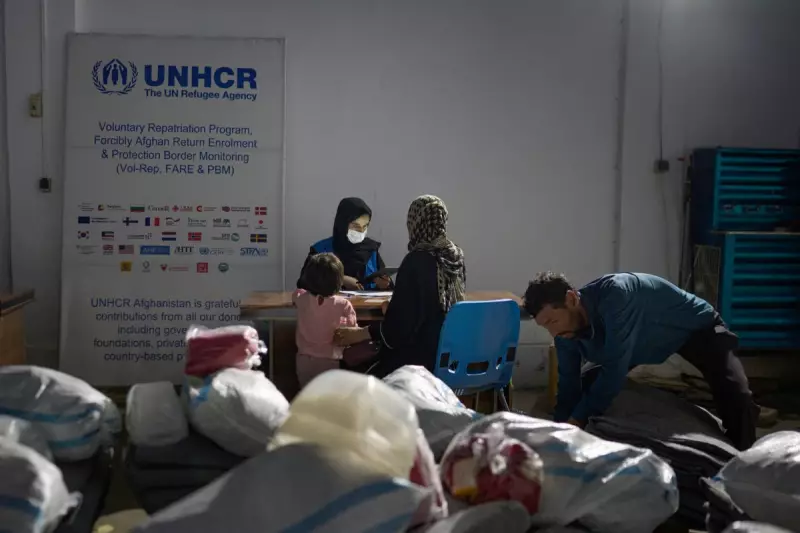
The aftermath of a devastating earthquake in western Afghanistan has been plunged into a deeper crisis due to the Taliban administration's contentious ban on female aid workers. This policy is severely hampering critical relief operations, leaving countless survivors, particularly women and children, in desperate need.
The 6.3 magnitude quake, which struck the Herat province, has left a trail of destruction, flattening entire villages and claiming over 2,000 lives. As international aid organisations scramble to respond, they are facing an impossible dilemma: how to deliver life-saving assistance when barred from employing half their workforce.
A Direct Blow to Effective Aid Delivery
The United Nations has issued stark warnings, stating the ban makes an already catastrophic situation immeasurably worse. "The inability of female staff to operate freely is a massive blow to our efforts," a UN spokesperson reported. "In the conservative Afghan society, male workers are simply unable to reach and assess the needs of women and girls, who are often the most affected in such disasters."
This restriction violates the fundamental humanitarian principle of impartiality and directly impedes the distribution of essentials like food, shelter, and medical supplies to the female population.
Local Voices Echo International Concern
Echoing the UN's concerns, local NGO officials have highlighted the practical impossibilities created by the edict. One director anonymously stated that their operations were effectively paralysed, as they could not interact with or assist female-headed households—a significant demographic after the disaster.
The Taliban's justification for the ban, citing their strict interpretation of Sharia law, offers little solace to those sleeping in the ruins of their homes. With winter approaching, the delay in coordinated aid could lead to a second wave of tragedy, as survivors face exposure and disease.
An Impending Winter Crisis
The international community now watches with growing alarm. The earthquake's devastation, coupled with the man-made barrier of the ban, creates a perfect storm of suffering. The clock is ticking for the Taliban to make an exception for humanitarian work, before the harsh winter conditions set in and claim more lives.
For now, aid remains stuck in warehouses and in the hands of organisations unable to deploy their full teams effectively, while the women of Afghanistan pay the highest price.





